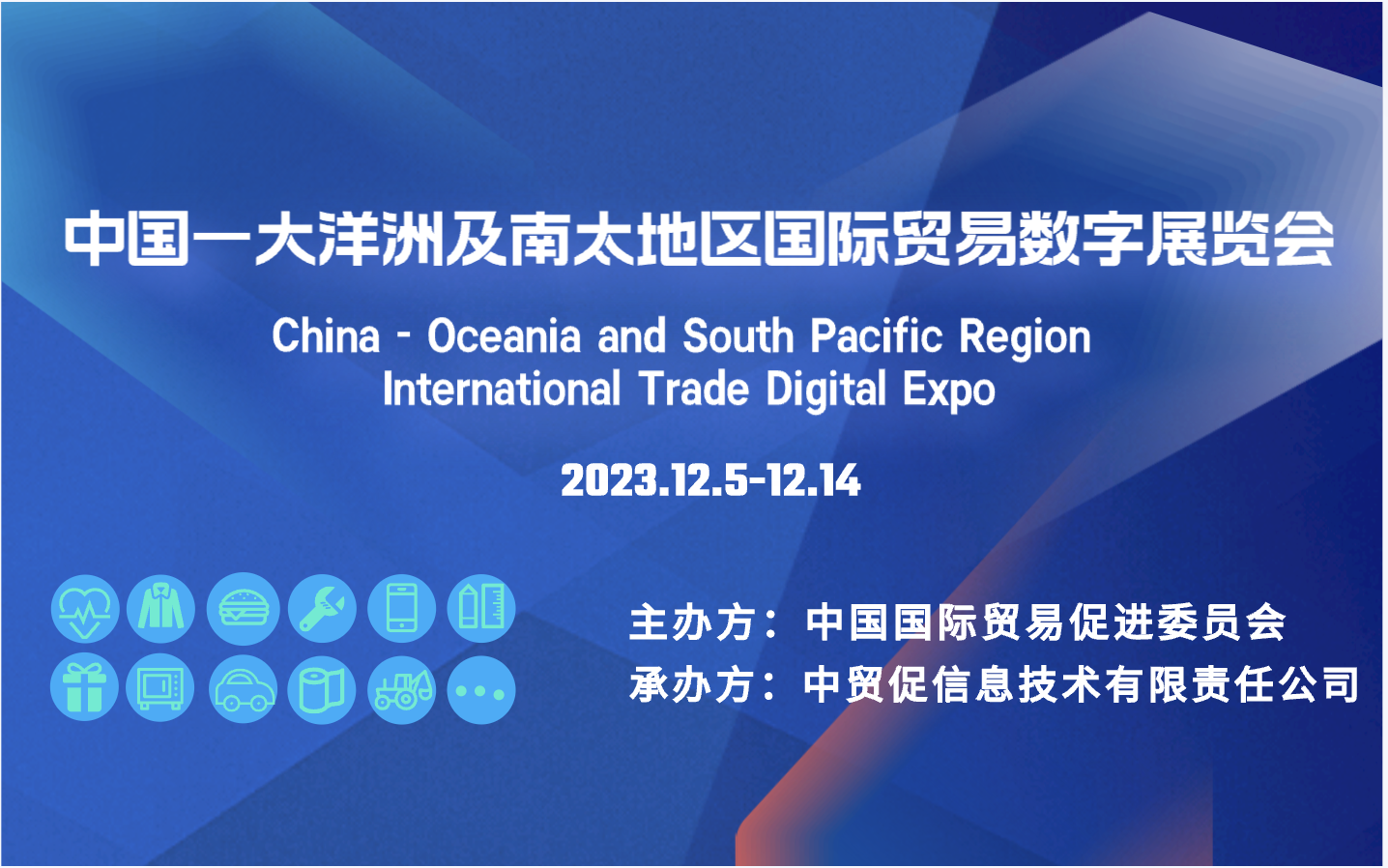Green vision, hi-tech fuel Chinese NEVs' march to European market
Chinese New Energy Vehicle (NEV) manufacturers are speeding up launches of their latest models in overseas markets, as the global auto industry is turning to low-carbon.
From the iconic sedan brand Hongqi to emerging start-ups such as NIO and XPeng, Chinese NEV makers are now more confident than their predecessors with a green vision and cutting-edge technology in more mature and rather competitive markets such as Europe and the United States.
GREENER VISION
It is no coincidence that many Chinese electric vehicle (EV) makers choose Europe as the first stop of their overseas launch, as the region lures such industries with favorable policies.
Chinese EV brand XPeng started to export its smart electric coupe P7 to Norway in August, after its G3 has made its way to the European market for almost a year. One month later, BYD announced that the total number of its pure-electric Tang SUVs shipped to Europe exceeded 1,000 units.
"Now is a good time for the export of new energy vehicles of independent brands, especially in the European market," said Xu Haidong, deputy chief engineer with the China Association of Automobile Manufacturers.
Most of the NEV products in the European market are hybrid, which creates a competitive edge for pure electric vehicles, said Xu. The subsidies for new energy vehicles in European countries also form a preferential policy environment.
As an emerging EV manufacturer in China, NIO has opened its first NIO House, a flagship shop with a cafe and showroom, in Oslo and started selling its vehicles in Norway at the end of September.
"The Norwegians are investing very heavily in green technology, and I think that also NIO from China is coming to Norway with their green technology like the swapping stations," said Marius Hayler, CEO of NIO Norway.
Hongqi, one of China's oldest automaker FAW's high-end brand, said recently that it had received about 500 orders for its e-SUV in Norway, thanks to the environmentally friendly policies and good infrastructure for electric vehicles in the northern European country.
In Britain, a total of 750 electric vans made by Maxus, a subsidiary of the Shanghai-headquartered carmaker SAIC Motor, is to be added to the delivery company DPD's fleet, marking Britain's largest-ever single order of Chinese-brand vehicles.
The vehicles, including 500 3.5-ton vans and 250 smaller ones, will double DPD's e-vehicle fleet to 1,500, making it among the country's top e-vehicle operators.
Wang Rui, general manager of SAIC Maxus, said that the main highlight of the company's sales in 2020 is in developed countries, and the biggest highlight is in Europe, where it became a leader in the local niche market with more than 5,000 NEVs exported last year.
NEW TRENDS, NEW STRENGTH
In NIO's advanced production base for NEVs in east China's city of Hefei, about 400 vehicles are produced each day, with 307 robots busy at work under a fully automated system.
For European consumers, electric vehicles made in China bring a different user experience with their eye-catching technology, customized production, and affordable prices.
With just one tap on its center display, NIO cars can be automatically parked into a battery-swap station and it takes only three minutes to swap a fully charged battery, to shorten the owner's waiting time for a recharge.
NIO said it aims to install 20 battery-swap stations in Norway's five largest cities and on some of the country's major roads.
Gunnar Birkenfeldt, one of the first Norwegian users of NIO and executive of a car subscription service platform, said that even though the battery swapping technology was not new to this world conceptually, it is another matter to commercialize the concept.
Given the current user experience, he had no reason not to choose other NIO models in the future, Birkenfeldt said.
In addition to innovations in the production and charging process, artificial intelligence (AI) has also been a major feature of many Chinese EVs.
Also in September, a 12-meter-long self-driving electric bus made by China's CRRC Electric Vehicle went on a trial run on open roads in Paris.
The vehicle cleared a six-km section along a bus route. In about 40 minutes, it passed 26 traffic lights and ten bus stops. The bus is scheduled to start regular passenger services next autumn.
A number of Chinese technology giants have recently jumped into the EV market, bringing more competition and innovation to the already booming industry.
Xiaomi, a Chinese electronics manufacturer well-known for its smartphones and entertainment electronics, unveiled an EV subsidiary, with a starting capital of 10 billion yuan (about 1.5 billion U.S. dollars), in September.
The Guangzhou-based GAC Group announced earlier this year a joint project with Chinese tech giant Huawei to develop a "smart SUV."
With tech companies entering the NEV market, competition surrounding AI is expected to be more intense.
Competition might be harsh for the automakers but also benefit the customers and will further boost the industry as well as contribute to the international community's efforts to tackle global warming.
According to data from China's Ministry of Commerce, NEVs have driven the growth of China's automotive exports. From January to July, auto exports increased by 102.5 percent year-on-year, a record growth rate over the same period in history.
"Only when Chinese auto companies enter the markets of developed countries can they truly participate in international competition," said Cui Dongshu, secretary-general of the China Passenger Car Association.
The explosive rise of China's auto exports in 2021, said Cui, reflects the significant increase in the global competitiveness of China's auto industry, while there is still huge room for export growth.


